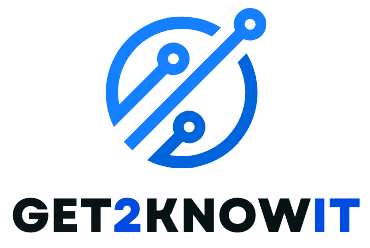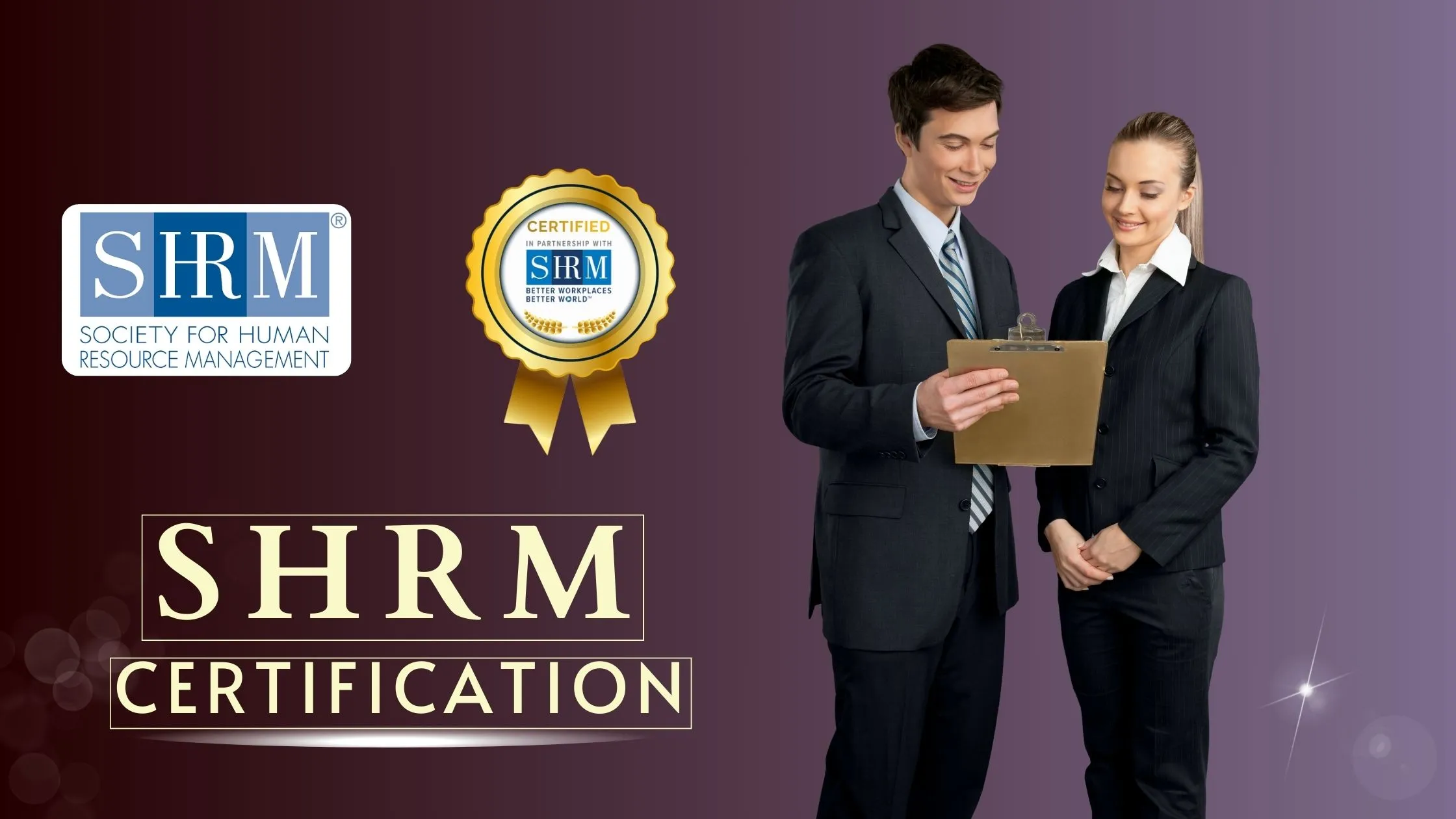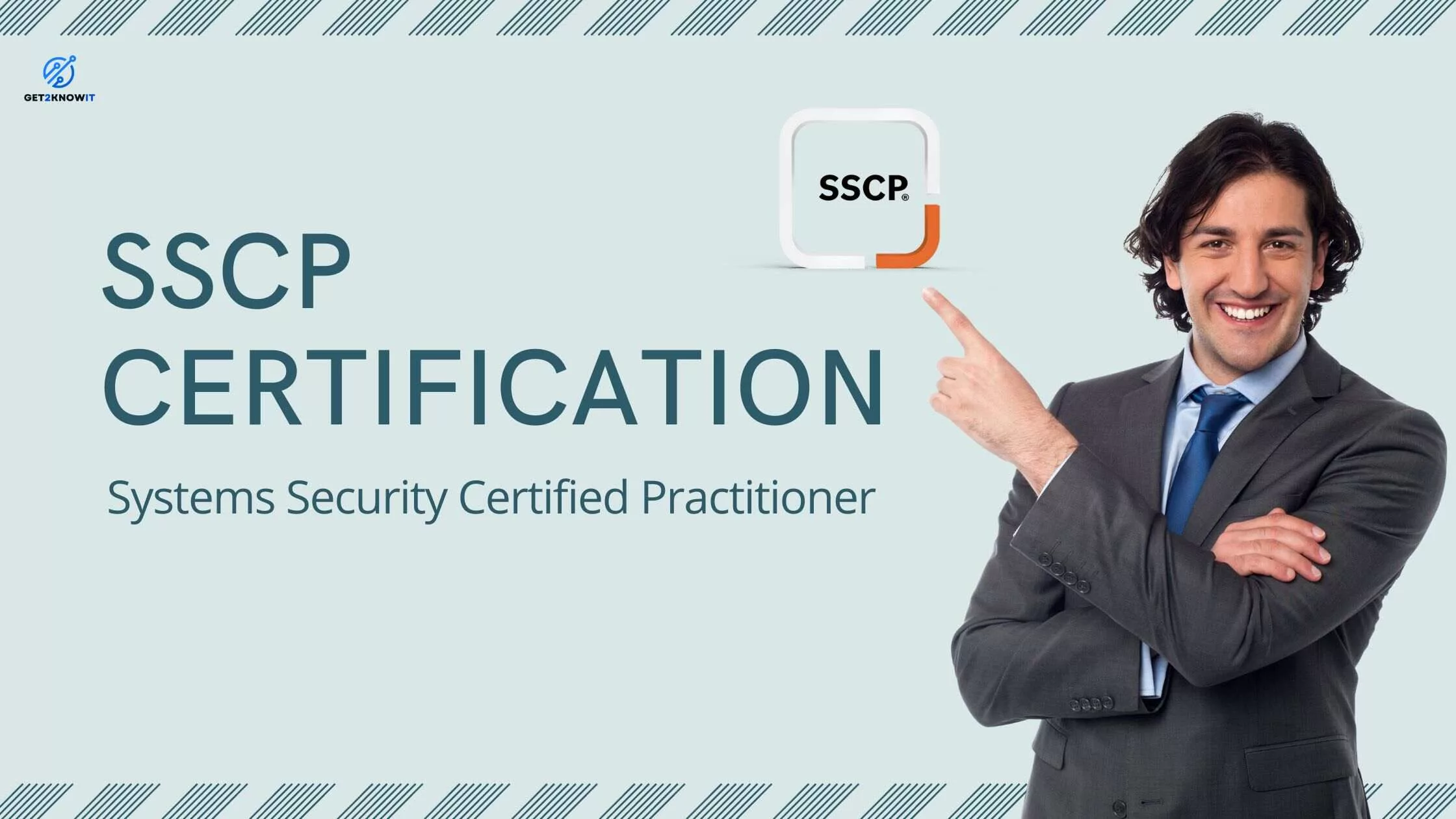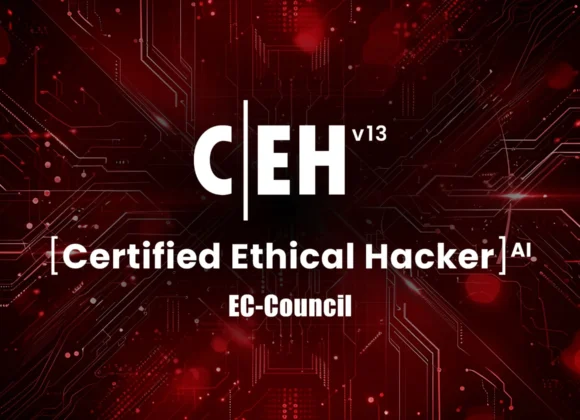The Society for Human Resource Management offers SHRM Certification as a unique badge. It is like gaining global awareness for a person working so much in human resource. There are two main categories: SHRM Certified Professional and SHRM Senior In order to get these certificates, you have the prove your skills in some vital areas within the HR department that include taking serious tests. What is the main goal? That HR specialists like you are not only knowing their stuff but also determined to stay on the pulse of what is happening in the field of HR.
Differentiating SHRM-CP and SHRM-SCP certifications
| Criteria | SHRM-CP | SHRM-SCP |
| Target Audience | HR professionals with 3-5 years of experience | Senior HR professionals with 6+ years of experience |
| Exam Pass Rates | Approximately 70% | Approximately 50% |
| Job Roles | Operational or tactical HR roles | Strategic HR leadership roles |
| Focus | Implementing policies and procedures | Developing and guiding organizational strategy |
| Exam Content | HR Competencies (Behavioral and Technical) | Leadership and People capabilities |
| Experience Requirements | At least 3 years of HR experience | At least 6 years of HR experience with a degree |
| Education Requirements | Bachelor’s degree or equivalent | Bachelor’s degree or equivalent (preferred) |
| Key Competencies | HR expertise in operational areas | Advanced HR skills with a strategic focus |
| Strategic Orientation | Tactical application of HR knowledge | Strategic application of HR knowledge |
| Certification Benefits | Recognized competence in HR practices | Demonstrates mastery in HR leadership and strategy |
Why HR Professionals Pursue SHRM Certification
HR professionals seek to obtain SHRM certification as a way of improving their expertise, credibility and career prospects in the dynamic world of human resources. Obtaining the SHRM-CP or SHRM-SCP designation indicates positively to being updated with current best practices in industry knowledge, mastering a broad range of HR competencies and demonstrating proficiency as far as understanding about how the world of HR works.
Thorough preparation, testing and validation of practical HR knowledge take place during the certification process. SHRM certification acts not only as an indicator of professional qualifications but also provides opportunities for networking, taking up leadership positions and recognition at the global scale by the HR community. HR pros make SHRM certification a strategic investment in personal career development that helps them keep up with the latest trends and standards of HR best practice to positively support organizational success.
Eligibility Criteria for SHRM Certification
To be eligible for SHRM (Society for Human Resource Management) certification, candidates must meet specific educational and work experience requirements:
SHRM-CP Eligibility:
- Intended for people engaged in the HR or activities associated with this.
- Basic knowledge of how HR works is required.
- 3 years relevant HR experience.
- 4 years of related HR experience for people, who have studied non-HR discipline and obtained their bachelor’s degree.
SHRM-SCP Eligibility:
- Intended for senior HR specialists responsible for strategic HR leadership.
- 6 years experience with an HR degree required.
- A non-HR related bachelor’s degree requires seven years of experience in human resources.
- Currently pursuing a master’s or doctoral degree in HR-related.
You must carefully evaluate your qualifications and ensure that they match the exact requirements of chosen SHRM certification. Plus, students who are currently part of degree programs can also undertake certification from SHRM provided they meet certain student eligibility criteria.
Benefits of SHRM Certification
SHRM certification is a worldwide recognized benchmark for differentiating workers in the competitive HR market, promoting career progression and contributing to organizational success.
- Enhanced Skills Base
- Career Advancement
- Confidence Boost
- Salary Increase
- Competitive Edge
- Networking Opportunities
Application Process
The application process for obtaining SHRM certification involves several steps:
- Choose SHRM Certification: Decide on the which SHRM certification you wish to pursue
- Create a SHRM Account: You’re going to register on the website. This user account will be used throughout your certification process.
- Review Eligibility Criteria: Learn the eligibility criteria first for the chosen certification level.
- Complete the Application Form: Fill the application form by providing the accurate information.
- Select Exam Level: Choose the exam level based on your career goals and qualifications.
- Submit Application: At the end, you may submit your application.
- Application Review: SHRM will review your application after the above processes.
- Schedule Exam: Once your application is approved, schedule the exam within the specified testing window.
Overview of SHRM Exam
The SHRM certification test is intended to examine HR professionals’ knowledge and abilities. Here’s a breakdown of its structure:
- Exam Duration:
- The duration of the SHRM certification exam varies based on the specific level:
- SHRM-CP: 4 hours
- SHRM-SCP: 4 hours
- The duration of the SHRM certification exam varies based on the specific level:
- Question Types:
- Situational Judgment Questions (SJQs):
- These assess the candidate’s ability to apply HR knowledge to real-world scenarios.
- Multiple-Choice Questions (MCQs):
- Test the candidate’s understanding of HR concepts, principles, and practices.
- Situational Judgment Questions (SJQs):
- Content Areas:
- The exam covers a range of HR competencies, including:
- Behavioral Competencies (Leadership, Business Acumen, etc.).
- HR Knowledge Domains (People, Organization, Workplace, Strategy).
- The exam covers a range of HR competencies, including:
Maintenance Requirements
Professionals must follow renewal standards to keep their SHRM accreditation.
- Recertification Cycle:
- Recertification is mandatory after every three years.
- Recertification time period is calculated based on the last exam date.
- Professional Development Credits (PDCs):
- Acquiring 60 Professional Development Credits is also mandatory.
- PDCs can be achieved through a variety of qualifying activities, including attending conferences, seminars, or completing HR-related educational programs.
- Qualifying Activities:
- Conferences, seminars, webinars, and other forms of educational events that contribute to professional progress are examples of qualifying activities.
- SHRM offers a list of qualified activities in which persons can earn PDCs.
- Recording PDCs:
- PDCs must be recorded and entered into the SHRM certification portal.
- Professionals should ensure accurate documentation of PDCs to facilitate the recertification process.
- Maintaining Credential Relevance:
- SHRM stresses the necessity of remaining current on changing human resources developments and practices.
- People are encouraged to participate in activities that help them improve both their abilities and their expertise.
- Recertification Application:
- Towards the end of the cycle, individuals need to submit a recertification application.
- The application process involves confirming the completion of required PDCs and adherence to SHRM’s ethical standards.
Comparison with Other HR Certifications
The SHRM certification is one of the most comprehensive and recognized credentials in the world. Various HR certifications exist, but SHRM certifications such as the one of SHRM Certified Professional (SHR Certificate:) and a high level one – The aim of some certifications is to focus only on certain regions or aspects of HR, but SHRM certification are created with a broad scope for application across different industries and international boundaries.
SHRM certifications are recognized for its alignment with the present HR trends, on-going recertification demands and focus critically on real issues faced by an actual HR person. This integrated approach makes SHRM certifications a good pick for HR specialists looking to have an overall and internationally recognized credential in the fields of Human Resources that is continually evolving.





